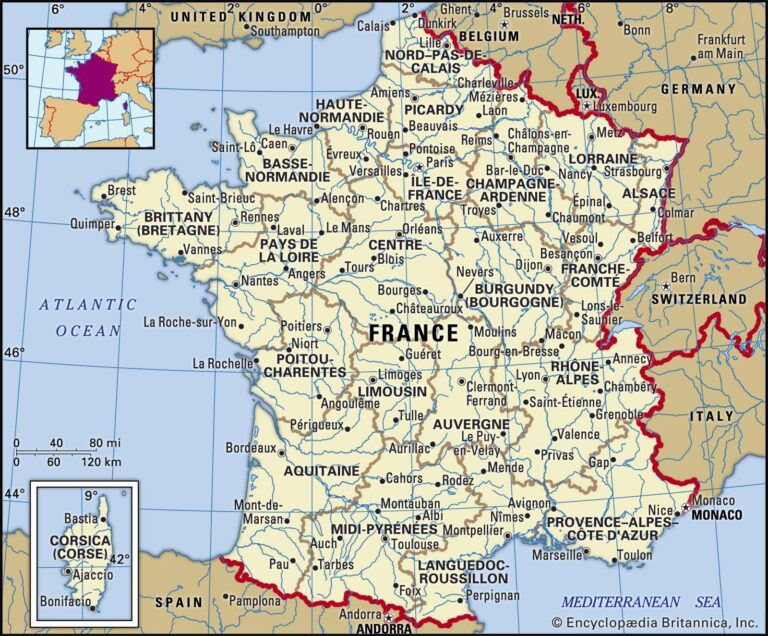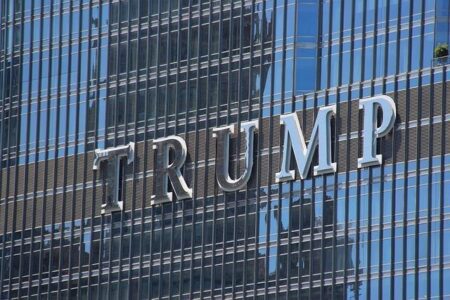France has dismissed Mali’s recent arrest of a French embassy worker on charges related to an alleged coup plot as “unfounded,” escalating tensions between the two countries. The move comes amid a backdrop of strained diplomatic relations and ongoing political instability in Mali. French officials have called for the immediate release of their detained staff member, asserting that the accusations lack credible evidence. This development adds a new layer of complexity to the already fragile partnership between the former colonial power and its West African counterpart.
France Denounces Mali’s Detention of Embassy Staff Amid Political Turmoil
France has strongly condemned the recent arrest of a member of its embassy staff in Mali, describing the charges related to the ongoing coup allegations as “unfounded.” The French government expressed concern over the detention, insisting that the embassy worker was performing official diplomatic duties and should be granted immunity under international law. This development escalates tensions between Paris and Bamako, as Mali faces significant political instability following a series of military coups that have shaken the West African nation.
The diplomatic discord unfolds amid growing unease over the deteriorating security situation in Mali and the broader Sahel region. Mali’s interim authorities accuse foreign actors of meddling in their domestic affairs, which Paris increasingly rejects, warning of potential disruptions to diplomatic relations. Key points surrounding the controversy include:
- French stance: Denial of any involvement in coup plotting or political interference.
- Mali’s justification: National security concerns cited to justify arrests.
- International reaction: Calls for dialogue and respect for diplomatic immunity.
| Aspect | France’s Position | Mali’s Position |
|---|---|---|
| Arrest Justification | Unfounded, breach of diplomatic norms | Security and coup allegations |
| Diplomatic Immunity | Must be respected | Contested in context of national security |
| Future Relations | Seeking dialogue | Heightened tensions |
Implications for Diplomatic Relations and Regional Stability
The incident has exacerbated existing tensions between Mali and France, casting a shadow over diplomatic efforts to foster cooperation in a region already grappling with instability. Mali’s decision to arrest a French embassy worker on allegations of involvement in a coup has been met with sharp rebuke from Paris, which labeled the charges as “unfounded.” This diplomatic rift threatens to derail key partnerships, including counterterrorism initiatives and development programs essential for regional security and economic progress. Observers warn that prolonged friction could prompt a recalibration of foreign relations, with Mali potentially seeking closer ties with alternative international partners.
- Trust Deficit: The arrest deepens mutual suspicion, complicating diplomatic dialogues.
- Security Coordination Risks: Counterterrorism cooperation may falter, emboldening violent groups.
- Regional Ripple Effects: Neighboring countries may respond cautiously, affecting multilateral efforts.
Moreover, the dispute highlights the fragile nature of geopolitical alliances in West Africa, where power struggles and governance challenges often undermine stability. The current episode may embolden factions advocating for reduced Western influence, altering the strategic landscape. The following table summarizes potential outcomes shaped by this diplomatic standoff:
| Potential Outcome | Impact on Regional Stability |
|---|---|
| Diplomatic Freeze | Decreased intelligence sharing and security collaboration |
| Realignment of Alliances | Shift towards alternative global partners with varied interests |
| Increased Internal Tensions | Potential for escalation in political unrest and violence |
Calls for Transparent Investigation and Respect for International Protocols
France has emphatically urged the Malian authorities to conduct a clear and impartial inquiry into the recent detention of a French embassy employee, emphasizing the crucial need for adherence to established international legal standards. The French government labeled the accusations of involvement in coup activities as “unfounded”, underscoring concerns over the potential misuse of power in politically sensitive cases.
In response, diplomatic voices have highlighted the importance of respecting international protocols to maintain trust between nations and ensure the protection of diplomatic staff. This includes:
- Prompt access to legal representation for detained personnel
- Transparency throughout the investigation
- Clear communication channels between involved governments
- Strict adherence to the Vienna Convention on Diplomatic Relations
| Protocol | Purpose |
|---|---|
| Vienna Convention | Protects diplomatic immunity and staff |
| Consular Access | Ensures detainees’ rights and communication |
| Mutual Legal Assistance | Facilitates evidence sharing and investigation |
Future Outlook
As tensions persist between France and Mali over the detention of the embassy worker, diplomatic efforts remain crucial to resolving the dispute. France’s firm stance labeling the charges as “unfounded” underscores the fragile state of their bilateral relations amid ongoing political instability in Mali. Observers will continue to monitor developments closely as both nations navigate this sensitive episode.




